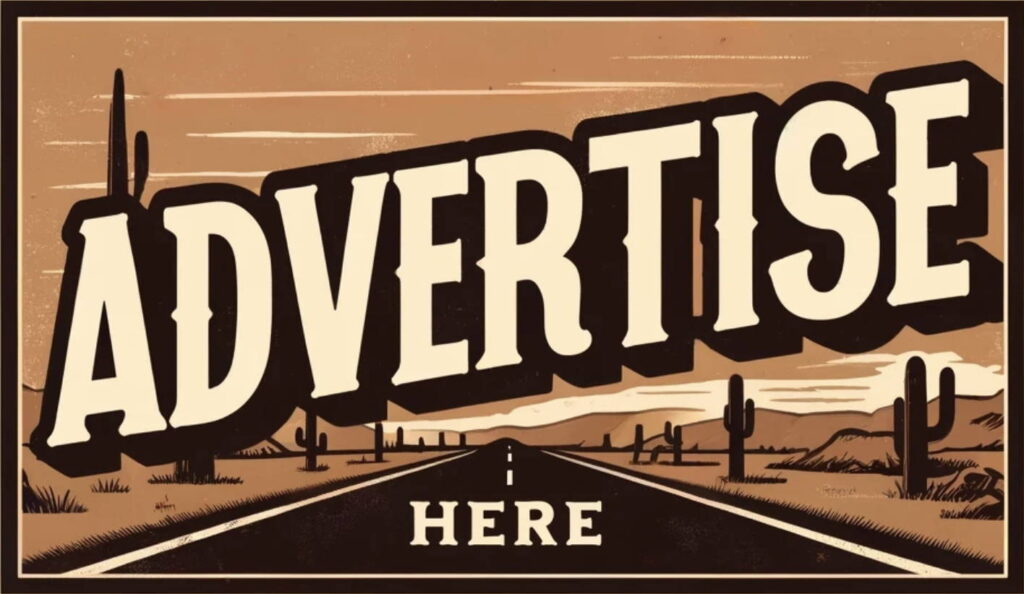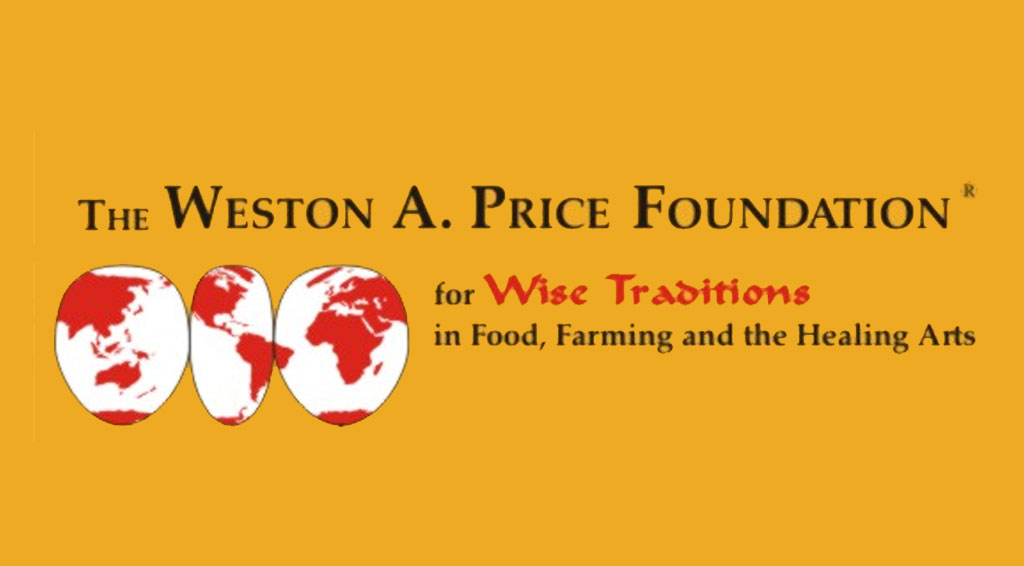The meat processing industry is currently navigating a turbulent landscape, where small processors and growers find themselves disproportionately impacted by systemic challenges. At the heart of these challenges lies the USDA Tournament System, alongside a complex web of regulatory policies that seemingly advantage large corporations over their smaller counterparts. This part aims to explore the intricacies of these issues through the lens of advocates like Breeauna Sagdal and Justin Trammell, who are at the forefront of championing a more equitable future for the industry.

To join in these advocacy efforts and support initiatives making a tangible difference, consider engaging with the I Am Texas Slim Foundation and our ongoing Texas Fire Relief fundraiser. Additionally, keep an eye out for an inspiring story about Emily, a young Floridian whom the I Am Texas Slim Foundation is committed to helping raise her second steer, a testament to the community’s support and the empowering nature of agricultural education.
The USDA Tournament System: A Framework of Inequity

During our X Spaces titled ‘“EPA Regulations and the Future of Meat Processing” earlier this week, Breeauna Sagdal shined a spotlight on the USDA Tournament System, revealing it as a competitive scheme that unfairly pits contract poultry growers against each other. In this system, growers’ income is significantly influenced by variables beyond their control, resulting in a scenario where the scales are tipped in favor of large poultry producers. This not only places an undue burden on small farmers but also exposes the pressing need for systemic reforms to level the playing field.
Advocacy at the Forefront: Justin Trammell’s Mission
Parallel to Sagdal’s critique, Justin Trammell’s work with the Farm and Ranch Freedom Alliance (FARFA) underscores the daunting regulatory obstacles small meat processors face. Trammell’s advocacy is deeply rooted in personal experience and a profound understanding of the barriers that small-scale operations encounter. Through FARFA, Trammell and his colleagues advocate for policy adjustments that would mitigate these challenges, promoting an environment where small processors can thrive, thereby ensuring the sector’s diversity and resilience.

Darcy Frankincense & Cedarwood Scented Whipped Tallow Balm




The Call for Equitable Treatment and Systemic Reform
The initial stages of advocacy have already sparked discussions and led to some changes within the regulatory landscape, signaling a move towards greater transparency and fairness. However, these efforts are just the beginning of a long journey towards comprehensive reform. The achievements thus far highlight the critical role that informed advocacy and persistent engagement play in transforming the industry.
Towards a New American Beef Industry

As we conclude the first part of our exploration into the meat processing industry’s current state, it’s clear that while significant strides have been made, the road to achieving true equity and sustainability is long and fraught with challenges. The collective efforts of advocates, organizations, and individuals such as those involved with the I Am Texas Slim Foundation and Texas Fire Relief, including support for initiatives like the Orphan Calves program (more in the coming weeks), are instrumental in this ongoing battle for fairness.
Stay tuned for Part 2, where we delve deeper into the legislative actions, community engagement, and the stories of individuals like Emily, whose aspirations and efforts symbolize the hopeful future of agriculture. Through continued advocacy and solidarity, the agricultural community can steer towards a future where regulations are both effective and equitable, ensuring a thriving industry for all its participants.







0 Comments